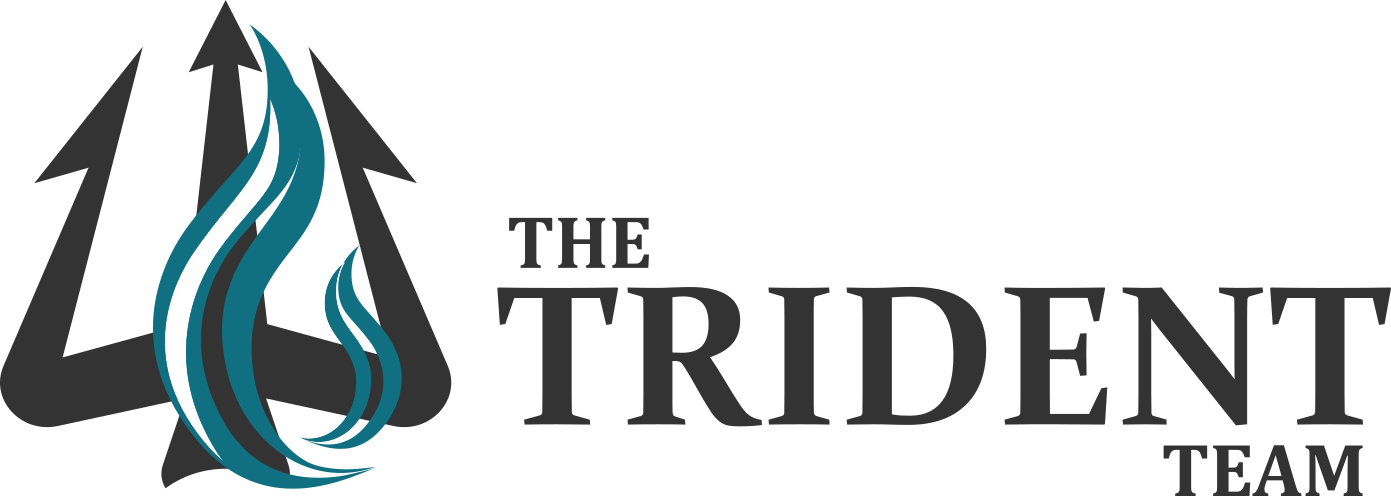It takes a special kind of human to become an engineer. No matter the discipline or industry, engineers are wired in such a way that great feats can be achieved by successfully applying that special kind of talent. But what happens when all that talent and focus is spent developing the wrong thing? Wrong as in, the customer doesn’t need it, won’t use it, and therefore won’t buy it.
Engineering Island
For any business, especially in today’s climate, time, effort and funds need to be laser focused on what the customer needs and wants. But without a product development strategy guiding and directing the path forward, businesses can fall victim to “Engineering Island” syndrome. Talented engineers may build what they think is cool in their eyes, but it won’t ultimately resonate with the customer.
Obviously, engineers should be focused on designing and developing products that meet the needs of the customer. But when engineers work on products in isolation, and are more focused on the technical aspects of the product, the end result can be a product that does not align with customer needs, ultimately leading to poor sales and a loss of revenue.
Another danger of engineers working in isolation is that it can lead to a lack of innovation. Engineers may not be exposed to new ideas and trends in the industry, which can make it difficult for them to come up with fresh and innovative solutions. Without innovation, it’s tough for a company to stay competitive.
All Hail Product Management
No one wins when engineers work on an island. Without effective collaboration and communication, a lack of understanding and alignment with other teams within the organization ensues. Forget about having any sense of harmony in a product’s feature set, and ever meeting actual customer requirements.
Product management is a crucial aspect of any successful product development strategy. It involves a set of processes, methods and techniques that are used to ensure that the right product is built to match the needs of the customer and the goals of the organization.
One of the key responsibilities of product management is to act as the voice of the customer, ensuring that their needs and wants are represented first and foremost to your business. Product management also acts as a bridge between the engineering team and the rest of the organization, including marketing, sales, and customer support. All of these actions are critical to ensuring engineering teams are focused on building the right product.
Gate Keepers Needed
Product managers play a key role within an organization, responsible for:
- Gathering and analyzing customer feedback, market research and industry trends, and using this information to create a product roadmap that guides development. This ensures that the engineering team is working on features and functionality that align with the needs of the target market and the overall goals of the organization.
- Preventing scope creep, which is a common problem in product development where the scope of the project expands beyond the original plan. This can happen when engineering teams start working on features or functionality that are not part of the original plan, leading to delays, budget overruns, and again, a product that ultimately does not meet the needs of customers. Product managers are responsible for maintaining a clear scope for the product and ensuring that the engineering team stays focused on the most important tasks.
- Ensuring the product is delivered on time and within budget. Product managers work closely with the engineering team to establish timelines and milestones for the development of the product, and they are responsible for monitoring progress and ensuring that the project stays on track. This helps to prevent delays and budget overruns that can negatively impact the product’s success.
The Road Ahead Need Not Be Bumpy
Achieve your business goals by removing self-imposed obstacles and creating a clear path forward. By having product management in place at your organization, you’re better staged to ensure that the voice of your customer is heard loud and clear, and that the engineering team develops products that suit their needs.
– The Trident Team

